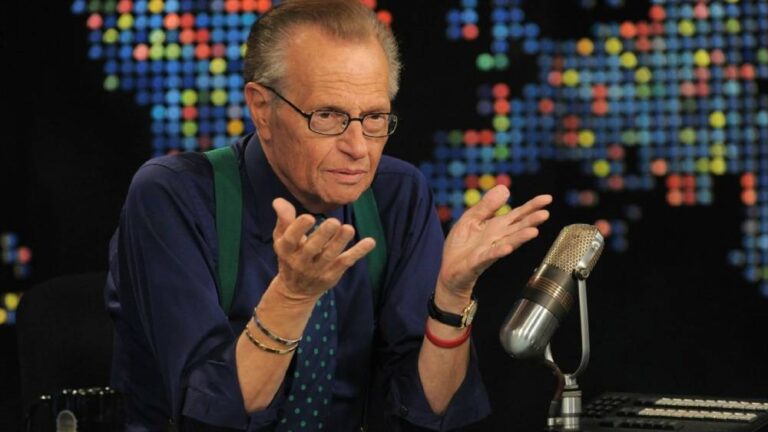
Various recent news headlines – such as the Los Angeles Times, and other press – have given Larry King’s estate some attention. Larry, together with his wife, Shawn Southwick King, had executed estate planning documents in 2015, where he named her the personal representative of his estate. However, Larry filed for divorce in August 2019. Two months after he had filed for divorce, Larry executed a new handwritten will, leaving his entire estate to his five children. Two attesting witnesses also signed the handwritten will.
The handwritten will was submitted to the Court by Larry’s son, Larry King Jr. Larry’s wife, Shawn, objected to that will, claiming that it was invalid, that his son exerted undue influence over his father towards the end of his life, and instead claimed that the 2015 will is Larry’s valid last will. The developments on this ongoing case and the multiple issues involved will be interesting to watch.
One issue involves the validity of the will. Had this occurred in Florida (and not in California), lawyers would be examining the validity of the will itself and how Florida law would apply to the facts.
Handwritten wills, or “holographic wills” would be valid in Florida pursuant to Fla. Stat. 732.502(2) if a will is handwritten: as long as the testator’s signature is done in the presence of two attesting witnesses, it meets the Florida execution requirements to be valid. This Florida statute provides specifically that “A will in the testator’s handwriting that has been executed in accordance with subsection (1) [i.e., signed by the testator at the end, together with at least two attesting witnesses] shall not be considered a holographic will.” So, the handwriting is not the dispositive factor, but rather the fact that there were two witnesses to the 2019 will.
As to the claim of undue influence, the Florida Supreme Court’s case In re Carpenter’s Estate, 253 So. 2d 697 (Fla. 1971) held that a will is presumed to be the product of undue influence when the person who allegedly exerted the undue influence: (1) is a substantial beneficiary; (2) had a confidential relationship with the testator; and (3) actively procured the will (i.e., persuaded or directed the terms of the will).
If in Florida, if you find yourself with a handwritten will and you question its proper execution, or if you believe the will is the product of undue influence or signed when the testator lacked the requisite testamentary capacity to sign it, your trusted Florida probate lawyer can advise you on the steps to bring a will challenge.